By Amani M’Bale, Abigail Manz, and Ankunda Kariisa
Every year, about 100 million people are pushed into extreme poverty because of out-of-pocket health expenditures. Moreover, 800 million people will spend more than 10% of their household budget on health expenses.
Financial protection is at the core of universal health coverage (UHC) and is achieved when all people and communities can use the health services they need, while also ensuring that the use of these services does not expose the user to financial hardship. Effective global health programs seek to strengthen financial protection by ensuring direct payments for health expenses that do not threaten living standards or push people into extreme poverty; these programs capitalize on technology platforms to help users save, receive and make payments more efficiently.
Digital financial services (DFS) merges the growing ubiquity of digital technology with evolving business models to deliver financial services. DFS, in particular mobile money, has been found to help poor individuals and households guard against financial hardship by facilitating access to remittances, savings, insurance, subsidies and payments. The growing reach of mobile technology in resource constrained settings creates an opportunity for global health programs to use these innovations to advance health outcomes. DFS can provide financial protection for vulnerable people and communities by helping to ensure prepayment, through the use of digitally enabled health savings accounts, and by pooling resources for health, through the use of digital health insurance products. DFS can also support human resources for health by digitizing government salary payments to healthcare workers, thus guaranteeing on-time and rapid delivery of payments and reducing a common risk of strikes.
Mobile Money Growth Markets: An Opportunity for Global Health Programs
With over 866 million registered accounts worldwide, mobile money, a prominent DFS channel, is now available in two-thirds of low- and middle-income countries and has contributed to the decline of people who are traditionally financially excluded and often exposed to catastrophic health expenditures.
Notably, global health programs in sub-Saharan Africa, South Asia and East Asia/Pacific operate within dynamic mobile money markets where active accounts and transaction volumes are growing at an accelerated rate, thus presenting an opportunity to leverage private sector investment in digital technology to support health initiatives. As of December 2018, in sub-Saharan Africa, there were 145.8 million active mobile money accounts transacting 26.8 billion USD per year; in South Asia, there were 89.3 million active accounts transacting 8.8 billion USD per year; and in East Asia/Pacific, where mobile money markets grew by 41% over the course of a year, there were 29.8 M active accounts transacting 3.7 billion USD per year
“Now processing over $1.3 billion a day, the mobile money industry added a record 143 million registered customers in 2018.”
GSMA State of the Industry Report 2018
Private sector companies, such as Mobile Network Operators, are responding to market growth by expanding telecommunication coverage, offering more products, including mobile financial services, and lowering costs as they reach scale. This environment represents opportunities for global health programs to work with the private sector to customize products, services and solutions which support health systems, especially at decentralized locations, individuals and households.
DFS Supports Health Insurance Expansion: Telenor Health Example
In June 2016, Telenor Group’s subsidiary Telenor Health launched a mobile-based health and wellness service platform called Tonic for customers of its local Bangladesh-based operator Grameenphone. Its initial package included free health information, insurance, and telemedicine services. In April 2017, Telenor unveiled a three-tiered package that modifies existing free services delivered to their customers: Tonic Free, Tonic Advanced (approximately $1.53 USD monthly), and Tonic Premium (approximately $3.55 USD monthly).
Since launching in December 2016, Tonic has added more than 4.5 million subscribers, made more than 100,000 phone-based consultations, approved 25,000 discounts on medical services, and paid 350 claims. Telenor Health is also partnering with the Government of Bangladesh to launch an initiative to use digital technologies to facilitate health care access.
Global health program managers advising national health insurance schemes can adapt aspects of private sector business models—convenient digital payments, “freemium” pricing models, digitized claims management and payment processes, simple product constructs, and use of data for program design and management—to lower cost and improve customer uptake in health insurance schemes.
Brief: The Role of Digital Financial Services in Accelerating USAID’s Health Goals
To further explore the ways DFS can be used in health programs, USAID with support from the mSTAR program, wrote a technical brief on the role of DFS in accelerating progress towards health outcomes. The report shows that global health programs can effectively leverage DFS to help individuals and communities guard against financial hardship. Additionally, this brief demonstrates how integrating DFS into Health Systems Strengthening programs will assist USAID and its partners to advance health outcomes and support countries on their journey to self-reliance.
Abigail Manz plays a key role in accelerating the Digital Financial team’s vision through the management and sharing of key learnings and communications across the DFS community. Prior to joining the DFS team, Abigail managed the coordination of the Ebola Recovery portfolio at the U.S. Global Development Lab, providing oversight across initiatives, which focus on the use of science, technology, innovation and partnerships to improve governance, health information systems, and connectivity in the post-Ebola West Africa Region. Prior to joining the Agency, Abigail worked with entrepreneurs and innovators at the United Nations Foundation, where she supported a mobile health grant initiative geared toward improving maternal and child health through mobile technology. Abigail earned her B.A. in Political Science at Virginia Commonwealth University.
Amani M’Bale is the Digital Financial Services Advisor for the Office of Health Systems in USAID’s Bureau for Global Health. Prior to joining USAID, she served as a Chief Technical Advisor for Financial Inclusion with UNCDF. Preceding UNCDF, Amani worked with Catholic Relief Services, CARE International, and the International Rescue Committee, in financial inclusion advisory and program management roles. She has worked in multiple countries including Benin, Zimbabwe, Mali, Sierra Leone, and throughout East Africa. Amani holds a Master of International Affairs from Columbia University, School of International Affairs, and a Master of Business Administration from the IE Business School in Madrid.
Ankunda Kariisa is AAAS Science and Technology Policy Fellow leading the Digital Finance team’s sector integration work, with a specific focus on global health and agriculture. Ankunda also plays a key role supporting the Digital Finance team’s monitoring, evaluation and learning efforts.
Photo credit: Riaz Jamanpour / Digital Development Communications
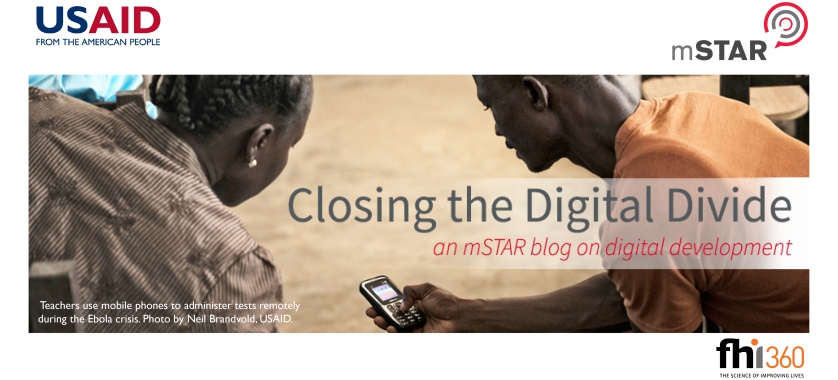


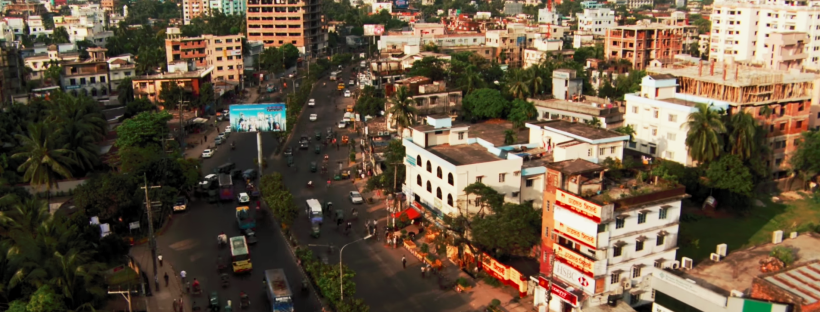
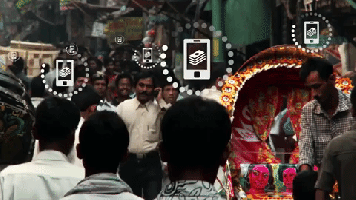
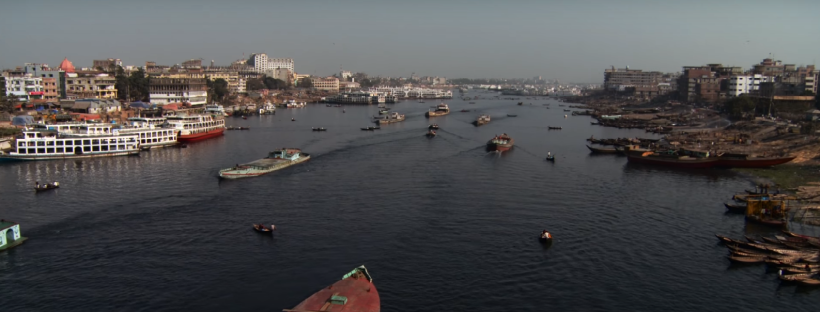



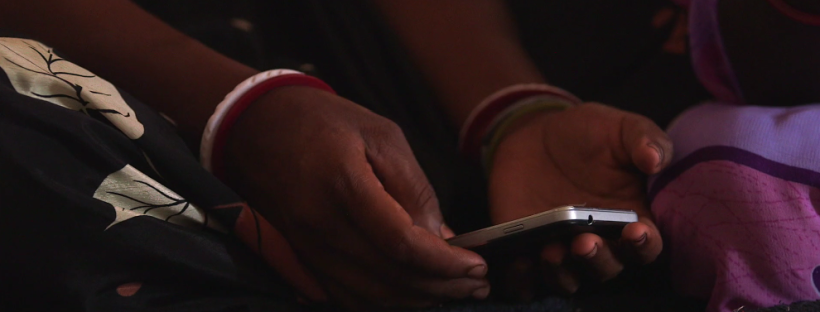
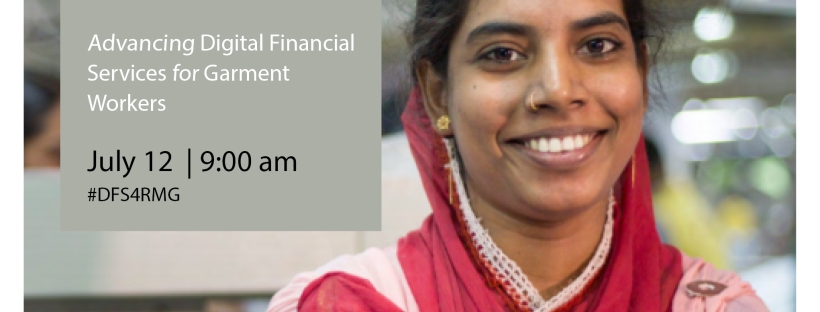
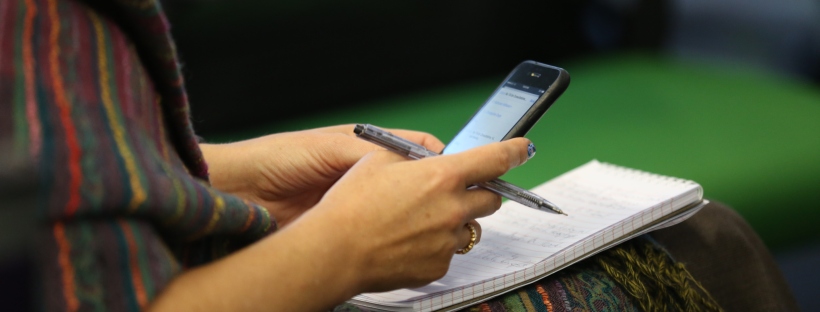
You must be logged in to post a comment.